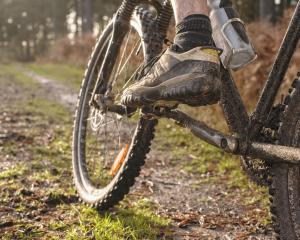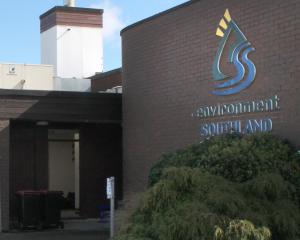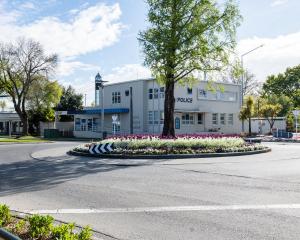Focusing on what it sees as an "at risk" rural community, Greenpeace is hosting a tap water testing event in Gore tomorrow.
Greenpeace announced, in a statement last month, that it would be offering free drinking water testing to areas most at risk of nitrate contamination in November.
After both having "do not drink" notices due to unsafe nitrate levels in the public drinking water this year, Waimate in Canterbury and Gore were at the top of the list.
The release also referenced Environment Canterbury declaring a "nitrate emergency" in the district as a reason for coming to Waimate.
While with Gore, they noted the nitrate levels rising the weekend after last month’s destructive winds.
Greenpeace spokesman Will Appelbe said due to dairy conversions starting "en masse", polluted drinking water was a topical issue in the South.
"Everyone, no matter where they live, should be able to safely drink the water coming out of their kitchen tap," he said.
But right now, many rural communities were not able to do so without risking their health and were still in the dark about the affects of nitrate contamination, he said.
A "growing body" of scientific evidence linked nitrate contamination in drinking water with bowel cancer, pre-term birth, and at high levels, blue baby syndrome.
He said in rural communities, where there was a high concentration of dairy farming, was where drinking water was at the highest risk of nitrate contamination.
The intensive dairy industry and synthetic nitrogen fertiliser, were the main drivers of elevated nitrate levels in water sources, he said.
Mr Appelbe will be at James Cumming Community Centre on Thursday from 10am-4pm, accompanied by Greenpeace communications lead Rhiannon Mackie.
Ms Mackie said those attending should bring between 200ml and 1 cup of tap water from home.
The testing takes around 15-20 minutes, depending on how busy they will be, and they are happy to talk to you about nitrates while you wait, she said. — Allied Media













